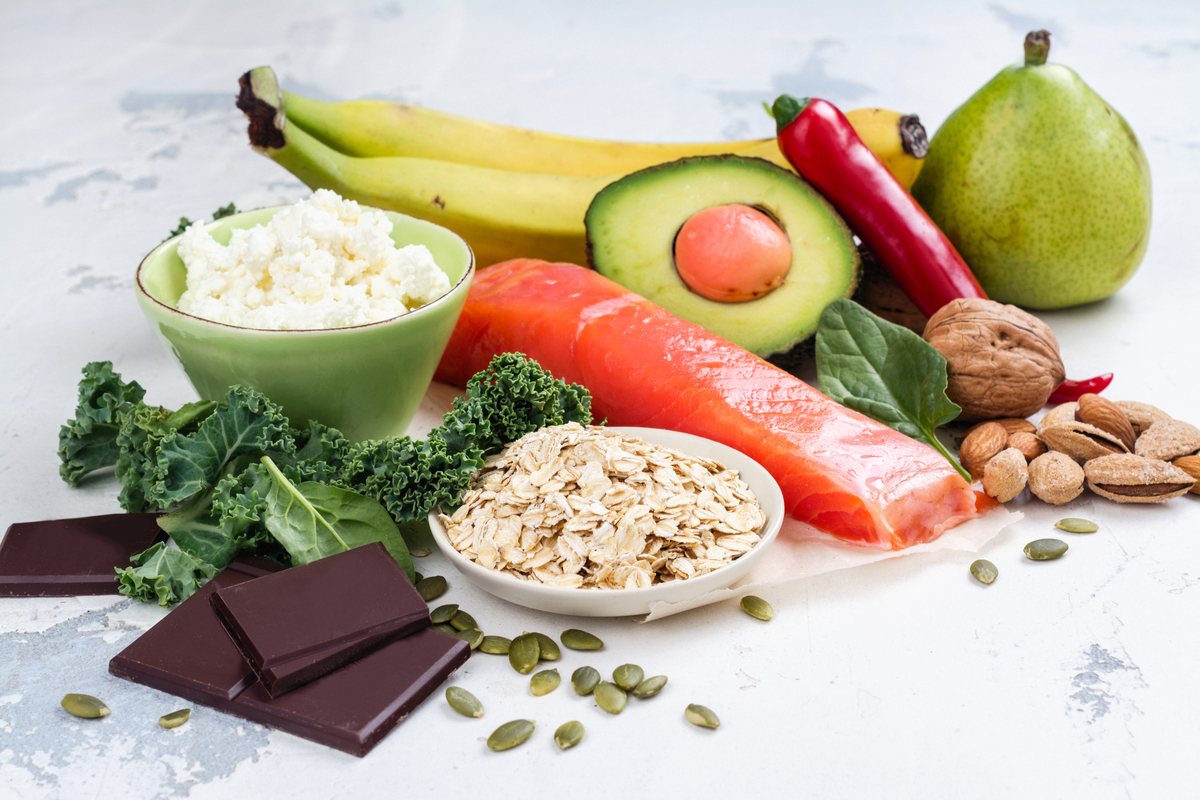To increase energy levels, focus on consuming foods rich in complex carbohydrates, healthy fats, protein, and essential vitamins and minerals. These foods provide sustained energy and help prevent blood sugar spikes and crashes.
According to Chelsea Rae Bourgeois, RDN, LD:https://www.health.com/best-foods-to-boost-your-energy-8582078
A balanced diet incorporates various foods for energy. Some of the best foods for energy include oats, bananas, almonds, quinoa, and dates.
Carbohydrates, protein, and fat provide calories, which your body uses as fuel. Not all foods influence energy levels in the same way. Carbohydrates are your body’s primary energy source. Simple carbohydrates offer immediate energy, and complex carbohydrates provide long-lasting energy.
Here’s a comprehensive guide on foods to increase energy levels and simple eating tips to boost your energy:
1. Nuts and Seeds
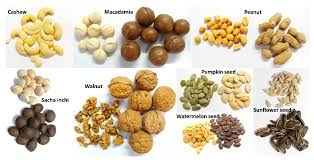
Nuts and seeds are rich in healthy fats, protein, and fiber, making them a perfect snack to boost energy levels. Some of the best nuts and seeds for energy include:
– Almonds
– Cashews
– Pumpkin seeds
– Sunflower seeds
2. Leafy Greens
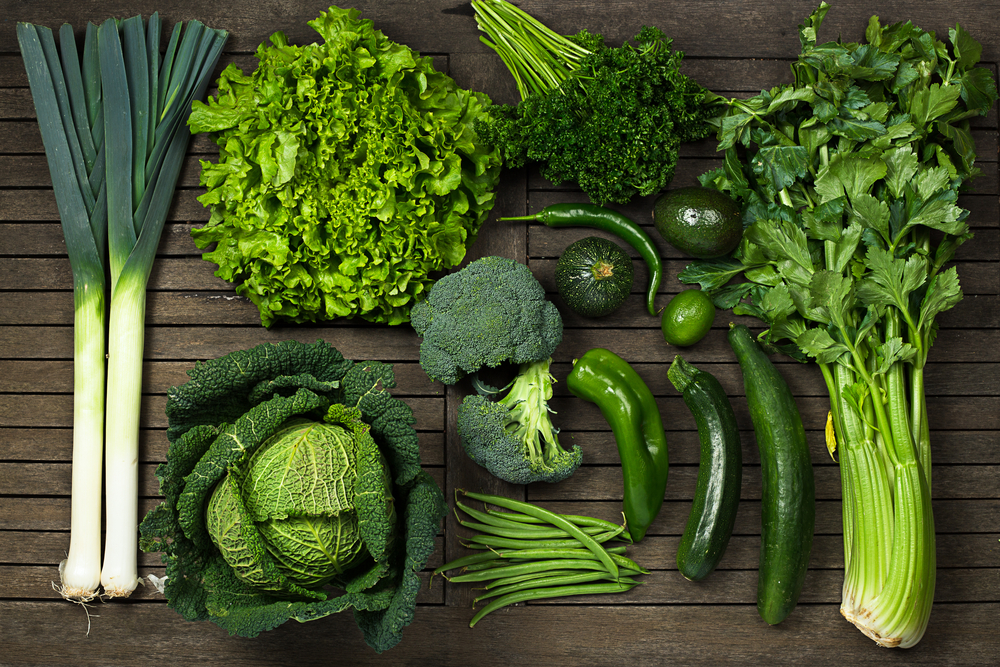
Leafy greens are packed with iron, which is essential for transporting oxygen to cells and boosting energy levels. Some of the best leafy greens for energy include:
– Spinach
– Kale
– Collard greens
– Swiss chard
3. Fatty Fish
Fatty fish are rich in omega-3 fatty acids, which help reduce inflammation and boost energy levels. Some of the best fatty fish for energy include:
– Salmon
– Tuna
– Sardines
– Mackerel
4. Sweet Potatoes
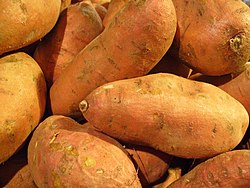
Sweet potatoes are rich in complex carbohydrates, fiber, and vitamins, making them a perfect food to boost energy levels. They’re also rich in antioxidants and anti-inflammatory compounds.
5. Avocados
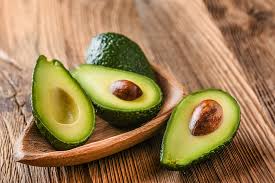
Avocados are rich in healthy fats, fiber, and various vitamins and minerals, making them a perfect food to boost energy levels. They’re also rich in antioxidants and anti-inflammatory compounds.
6. Whole Grains
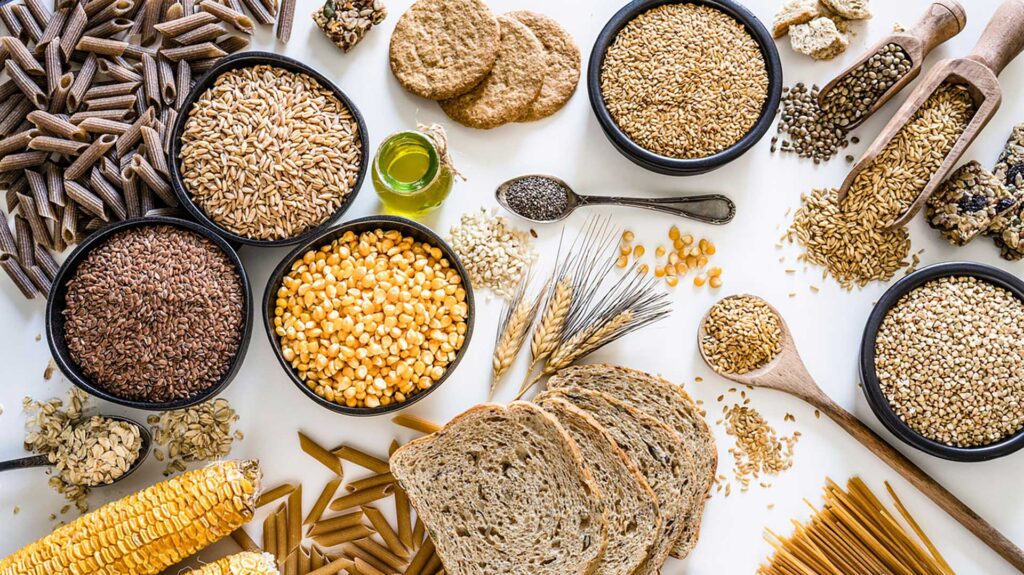
Whole grains are rich in complex carbohydrates, fiber, and various vitamins and minerals, making them a perfect food to boost energy levels. Some of the best whole grains for energy include:
– Brown rice
– Quinoa
– Whole wheat bread
– Whole grain pasta
7. Legumes
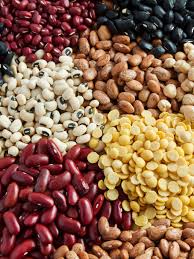
Legumes are rich in protein, fiber, and various vitamins and minerals, making them a perfect food to boost energy levels. Some of the best legumes for energy include:
– Lentils
– Chickpeas
– Black beans
– Kidney beans
8. Fermented Foods
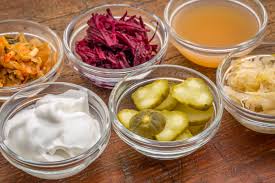
Fermented foods are rich in probiotics, which help support gut health and boost energy levels. Some of the best fermented foods for energy include:
– Kimchi
– Sauerkraut
– Yogurt
– Kefir
9. Green Tea

Green tea is rich in antioxidants and caffeine, making it a perfect beverage to boost energy levels.
10. Dark Chocolate

Dark chocolate is rich in antioxidants and flavonoids, which help support heart health and boost energy levels.
Simple Eating Tips to Boost Energy
1. Eat Small, Frequent Meals
Eating small, frequent meals can help maintain stable energy levels throughout the day.
2. Incorporate Protein and Healthy Fats
Incorporating protein and healthy fats into your meals can help sustain energy levels.
3. Choose Complex Carbohydrates
Choosing complex carbohydrates, such as whole grains and fruits, can help provide sustained energy levels.
4. Stay Hydrated
Staying hydrated is essential for maintaining energy levels. Aim to drink at least eight glasses of water per day.
5. Limit Processed and Sugary Foods
Limiting processed and sugary foods can help maintain stable energy levels and prevent energy crashes.
6. Get Enough Sleep
Getting enough sleep is essential for maintaining energy levels. Aim to get at least seven hours of sleep per night.
7. Exercise Regularly
Exercising regularly can help boost energy levels and improve overall health.
8. Manage Stress
Managing stress is essential for maintaining energy levels. Try stress-reducing techniques, such as meditation or deep breathing.
By incorporating these foods and simple eating tips into your daily routine, you can help boost your energy levels and improve your overall health and well-being
As we navigate our busy lives, it’s easy to feel drained and lethargic. But what if you could boost your energy levels naturally, without relying on caffeine or sugary snacks? The answer lies in the food you eat.
In this article, we’ll explore the top foods to increase energy levels, along with some simple tips to help you incorporate them into your diet.
The Science Behind Energy-Boosting Foods
Before we dive into the foods themselves, let’s take a quick look at the science behind energy-boosting foods.
When you eat, your body breaks down the food into three main macronutrients: carbohydrates, protein, and fat. These macronutrients are then converted into energy, which is measured in calories.
However, not all foods are created equal when it comes to energy production. Some foods, such as sugary snacks and refined carbohydrates, can cause a rapid spike in energy followed by a crash. This can leave you feeling lethargic and sluggish.
On the other hand, foods that are rich in complex carbohydrates, protein, and healthy fats can provide sustained energy levels throughout the day. These foods are often rich in fiber, vitamins, and minerals, which can help support energy production and overall health.
Top Foods to Increase Energy Levels
Now that we’ve covered the science behind energy-boosting foods, let’s take a look at some of the top foods to increase energy levels:
1. Leafy Greens: Leafy greens like spinach, kale, and collard greens are rich in iron, which is essential for transporting oxygen to cells and supporting energy production.
2. Nuts and Seeds: Nuts and seeds like almonds, cashews, and pumpkin seeds are rich in healthy fats and protein, which can provide sustained energy levels throughout the day.
3. Fatty Fish: Fatty fishlike salmon, tuna, and sardines are rich in omega-3 fatty acids, which can help reduce inflammation and support energy production.
4. Sweet Potatoes: Sweet potatoes are rich in complex carbohydrates, fiber, and vitamins, making them an excellent source of sustained energy.
5. Avocados: Avocados are rich in healthy fats, fiber, and various vitamins and minerals, making them an excellent source of sustained energy.
6. Legumes: Legumes like lentils, chickpeas, and black beans are rich in protein, fiber, and complex carbohydrates, making them an excellent source of sustained energy.
7. Whole Grains: Whole grains like brown rice, quinoa, and whole wheat bread are rich in complex carbohydrates, fiber, and various vitamins and minerals, making them an excellent source of sustained energy.
8. Fermented Foods: Fermented foods like kimchi, sauerkraut, and yogurt are rich in probiotics, which can help support gut health and energy production.
9. Green Tea: Green tea is rich in antioxidants and caffeine, making it an excellent source of energy and mental clarity.
10. Dark Chocolate: Dark chocolate is rich in antioxidants and flavonoids, which can help support heart health and energy production.
Tips for Boosting Energy Levels
1. Eat a Balanced Diet
A balanced diet that includes a variety of whole foods can help provide the nutrients your body needs to function properly. Include plenty of fruits, vegetables, whole grains, lean proteins, and healthy fats in your diet.
2. Stay Hydrated
Drinking plenty of water throughout the day can help boost energy levels and support overall health. Aim to drink at least eight cups (64 ounces) of water per day.
3. Exercise Regularly
Regular exercise can help boost energy levels and improve overall health. Aim to get at least 30 minutes of moderate-intensity exercise per day.
4. Get Enough Sleep
Getting enough sleep is essential for energy production and overall health. Aim to get 7-9 hours of sleep per night.
5. Manage Stress
Chronic stress can drain energy levels and negatively impact overall health. Try stress-reducing techniques like meditation, deep breathing, or yoga.
6. Limit Caffeine and Sugar
While caffeine and sugar may provide a temporary energy boost, they can also lead to energy crashes and negatively impact overall health. Limit your intake of these substances.
7. Get Some Morning Sunlight
Exposure to natural sunlight in the morning can help regulate your circadian rhythms and boost energy levels.
8. Take Breaks and Move Throughout the Day
Taking regular breaks and moving throughout the day can help boost energy levels and reduce fatigue.
9. Prioritize Self-Care
Prioritizing self-care and making time for activities that bring you joy and relaxation can help boost energy levels and support overall health.
10. Consider Supplements
Certain supplements like vitamin D, iron, and adaptogenic herbs like ashwagandha and rhodiola may help boost energy levels. However, always consult with a healthcare professional before adding any new supplements to your routine.
11. Eat Foods High in Antioxidants
Foods high in antioxidants like berries, leafy greens, and other fruits and vegetables can help reduce oxidative stress and boost energy levels.
12. Incorporate Healthy Fats into Your Diet
Healthy fats like avocado, nuts, and seeds can provide sustained energy and support overall health.
13. Try Aromatherapy
Certain essential oils like peppermint, eucalyptus, and rosemary may help boost energy levels and improve focus.
14. Get Enough Potassium
Potassium is an essential mineral that can help boost energy levels and support overall health. Include potassium-rich foods like bananas, leafy greens, and sweet potatoes in your diet.
15. Limit Processed and Packaged Foods
Processed and packaged foods are often high in unhealthy ingredients that can drain energy levels and negatively impact overall health. Limit your intake of these foods and focus on whole, nutrient-dense foods instead.
READ ALSO: The Top 5 Healthiest Foods
Conclusion
Boosting energy levels naturally requires a combination of healthy eating habits, regular exercise, and stress management. By incorporating the foods listed above into your diet and following the simple tips outlined in this article, you can help support energy production and overall health.
